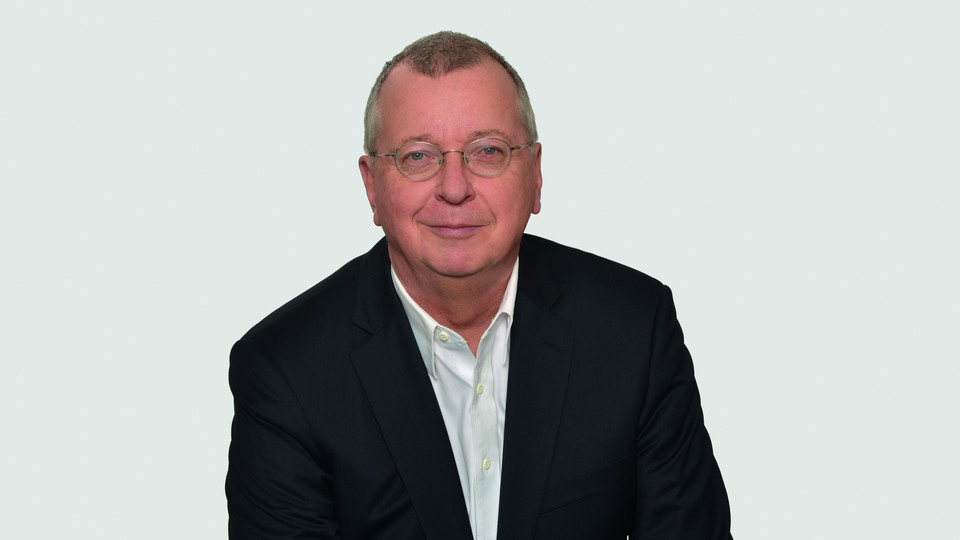„Dividends Don’t Make You Richer“ – Prof. Dr. Dr. hc Martin Weber on Investment Myths

In an interview with NOZ, Martin Weber dispels common misconceptions. Perhaps the most surprising finding: “Dividends don't change your wealth,” says Weber. Because with the distribution, the share price drops – by exactly the same amount. What remains is the same wealth in a different form: less share value, more account balance.
Nevertheless, the dividend strategy enjoys great popularity. The reason for this is psychological: Investors perceive regular distributions as a reliable source of income – even if, from an economic perspective, it doesn't represent growth. Many investors feel more secure if they receive a portion of their profits directly, rather than selling their shares themselves at some point.
But this security comes at a price. “Anyone who really wants to build wealth should invest in accumulating funds,” says Weber. This is the only way to fully utilize the compound interest effect – a key lever for long-term wealth creation. The popular dividend strategy, on the other hand, diminishes this effect because earnings are not automatically reinvested.
So why do myths surrounding dividends persist? In Weber's view, this is partly due to terms like “dividend aristocrats” – companies that have consistently paid out dividends for decades. But even this stability is no guarantee of returns. “Long-term excess returns from dividends are a myth,” he emphasizes.
Another fallacy: the assumption that dividends are more tax-efficient than capital gains. In reality, both are subject to capital gains tax – including allowances. Symbolic dividends in kind, which are occasionally offered by a few companies, play no role in practice.
So what advice does Weber give to investors who still want to invest in dividends? “Don't just look at the return,” he says. It's more important that the company operates soundly and pursues a realistic growth strategy. And above all: diversify broadly. In his view, low-cost, accumulating funds or ETFs remain the most sensible approach.